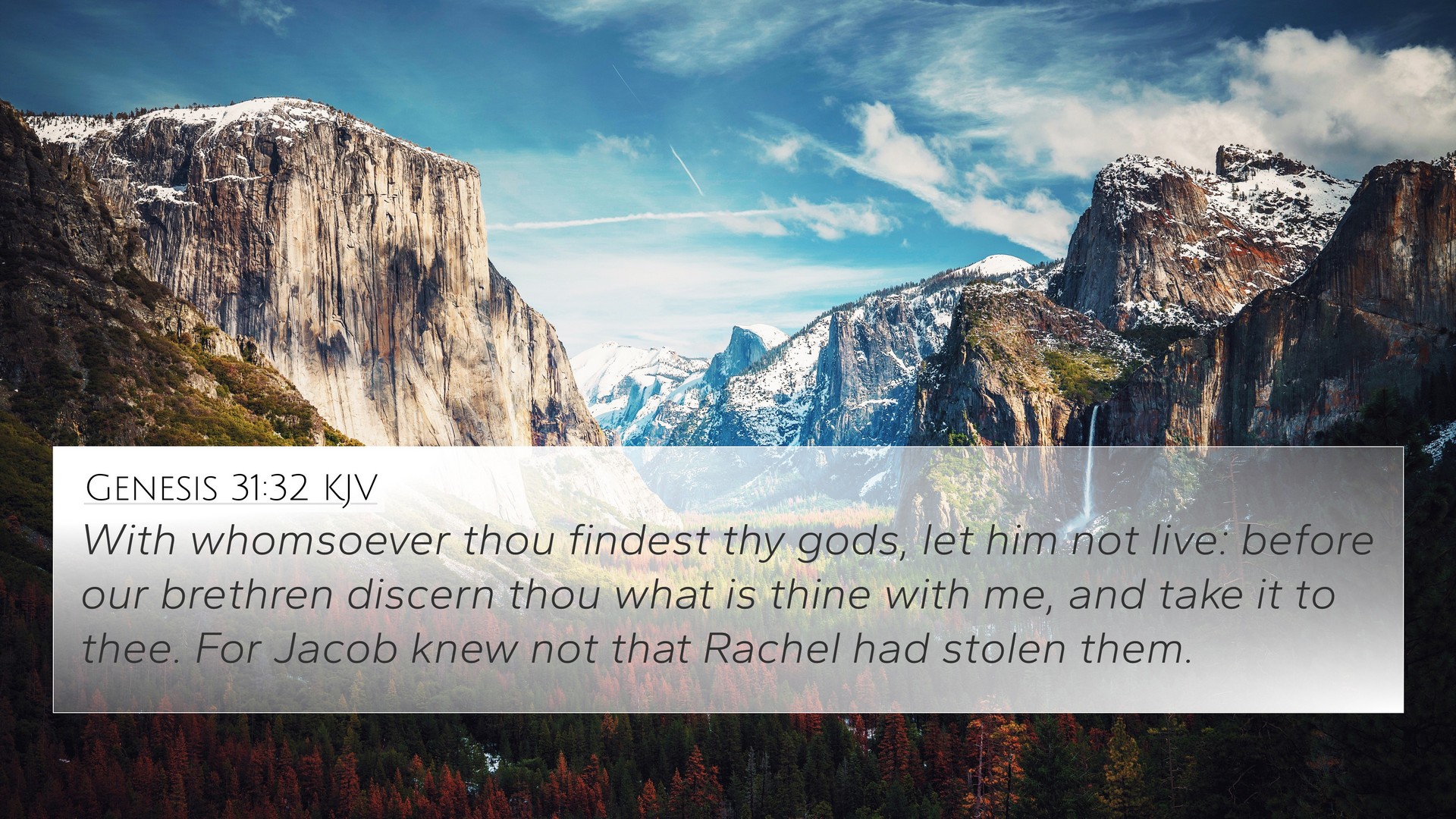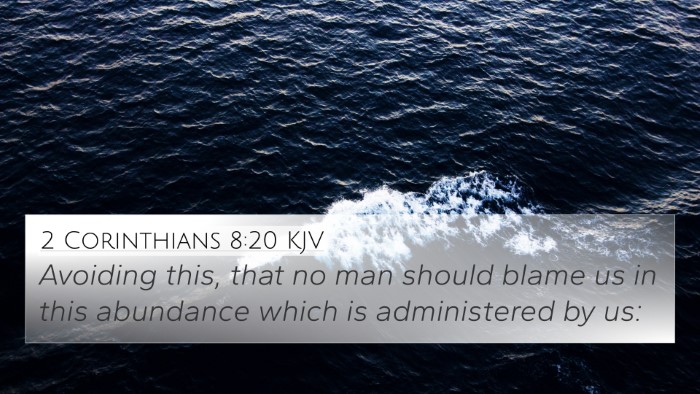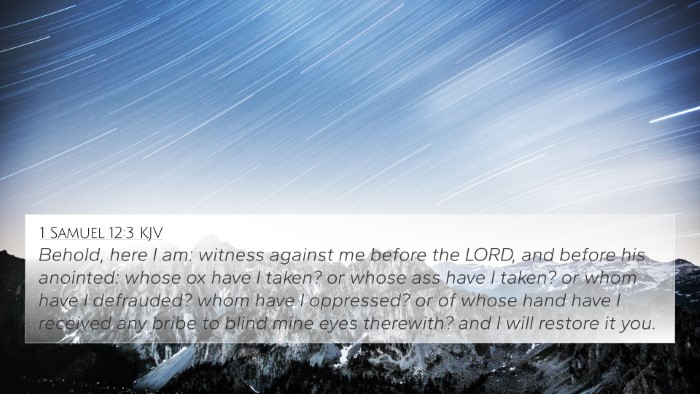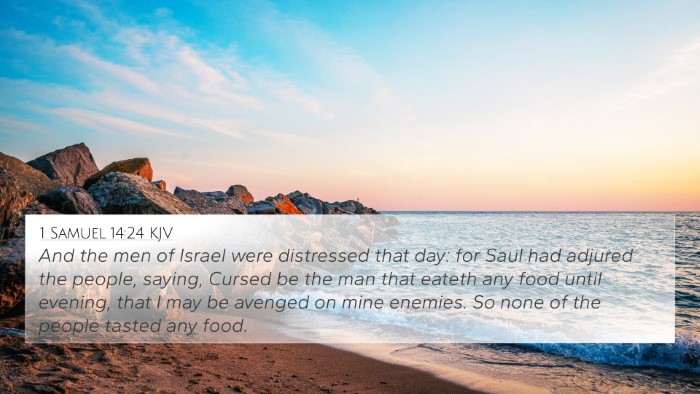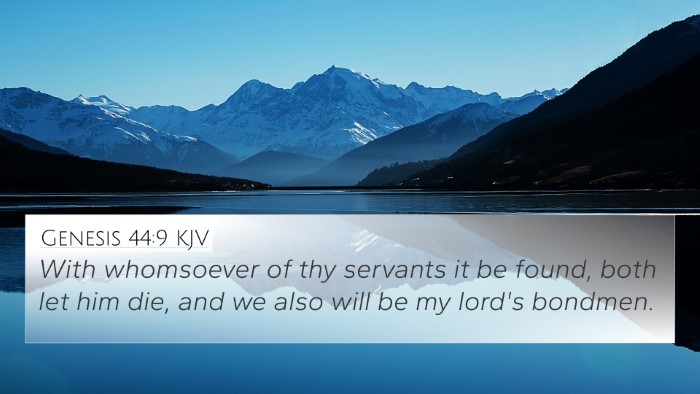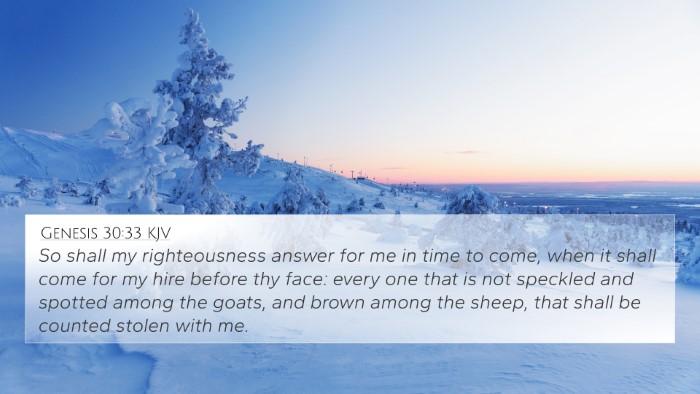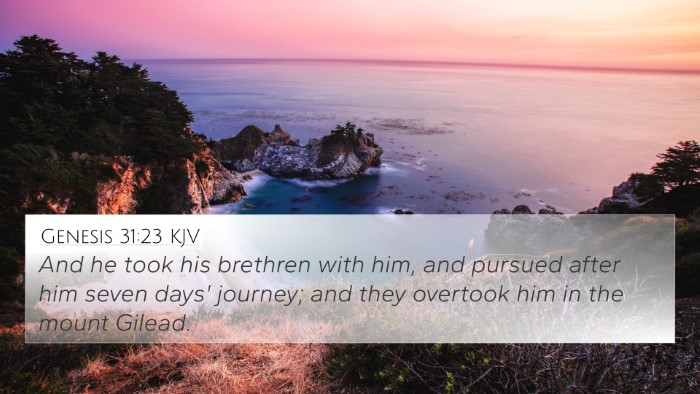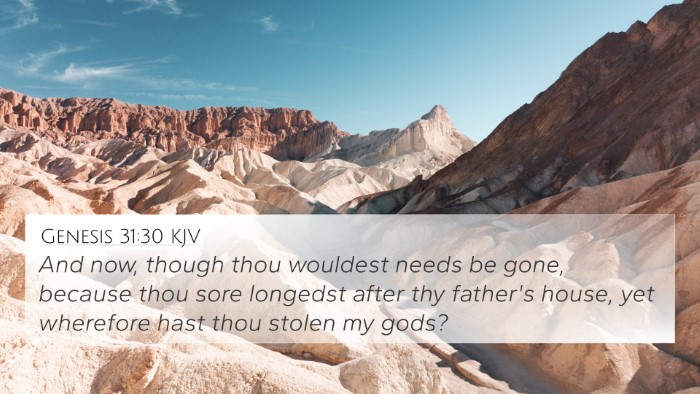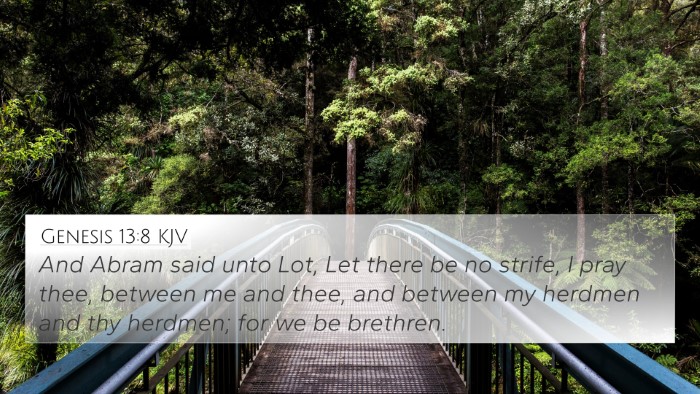Genesis 31:32 - Understanding the Context and Meaning
Verse: "With whomsoever thou findest thy gods, let him not live: before our brethren discern thou what is thine with me, and take it to thee. For Jacob knew not that Rachel had stolen them." (Genesis 31:32, KJV)
Overview of the Verse
This verse reflects a moment of tension and distrust between Jacob and Laban, his father-in-law. After years of working for Laban, Jacob decides to leave with his family and possessions. To complicate matters, Rachel, Jacob's wife, has stolen her father's household gods. This verse expresses Jacob's ignorance of this theft and underscores the themes of deception and familial conflict.
Commentary Insights
Matthew Henry's Commentary
Matthew Henry highlights the moral implications of Rachel's theft, noting that it signifies a deep-seated spiritual conflict and idolatry present in Laban's household. Henry emphasizes Jacob's unwitting involvement in this matter, illustrating the complexities of familial loyalty and the troubles that arise from such relationships.
Albert Barnes' Notes
Albert Barnes points out that Jacob's harsh statement reflects his frustration with Laban. Jacob calls for a search of his possessions, not realizing Rachel's actions. Barnes notes how Jacob's declaration underscores the seriousness of idolatry and highlights the lengths to which people will go to protect their possessions and beliefs. This idea serves as a caution against misplaced values in our spiritual lives.
Adam Clarke's Commentary
Adam Clarke discusses the significance of the household gods, or "teraphim," which were believed to hold protective powers. He mentions that Rachel's act of theft partially stemmed from her desire for security, both emotionally and materially. Clarke also touches upon the covenant boundary crossed by Rachel's actions and how it ties into the broader narratives of faith and betrayal within the family dynamics of Jacob and Laban.
Thematic Connections and Cross-References
- Exodus 20:3-5: The command against idolatry ties into Rachel's theft of Laban's gods.
- Joshua 24:2: Joshua's reference to the gods beyond the river connects the ideals of worship and false idols.
- Hosea 12:3-4: A reference to Jacob’s struggle further illustrates the ongoing theme of conflict and identity.
- Genesis 30:18: This provides context about Leah and Rachel's rivalry and their attempts to secure Jacob's affection.
- Genesis 31:19: This verse reveals Laban's reaction and the stakes involved in Rachel’s theft of the family gods.
- Isaiah 44:10-17: This extends the theme of idolatry, contrasting the living God with the lifeless idols.
- Genesis 35:2: Jacob’s call to remove foreign gods indicates the eventual need for purification among his household.
- Romans 1:22-23: Paul’s discourse on idolatry connects to the underlying issues at play with Jacob and Laban.
- Exodus 32:1-4: The creation of a golden calf shows the ongoing struggles with idolatry in Israel.
- 1 Peter 2:9: The call to holiness provides a stark contrast to the actions seen in Jacob's family.
Implications of the Verse
This verse has profound implications regarding familial relationships and the presence of idolatry. It challenges readers to reflect on their own lives about the things that may hold undue importance and how these may conflict with their faith. Jacob's plea and Rachel's hidden actions open up a discourse on the necessity for honesty and integrity within familial bonds.
Tools for Bible Cross-Referencing
Utilizing tools such as a Bible concordance and Bible cross-reference guide can provide deeper insights and understanding into passages like Genesis 31:32. They allow scholars and laypeople alike to explore the connections between Bible verses and delve deeper into the thematic Bible verse connections found throughout the Scriptures.
Conclusion
Genesis 31:32 serves not only as a historical account but also as a rich source for theological reflection. The narrative invites readers to investigate their own lives concerning idolatry and the complexities of relationships. Understanding this verse within the larger biblical context allows for a greater appreciation of the Scripture and its timeless relevance.
